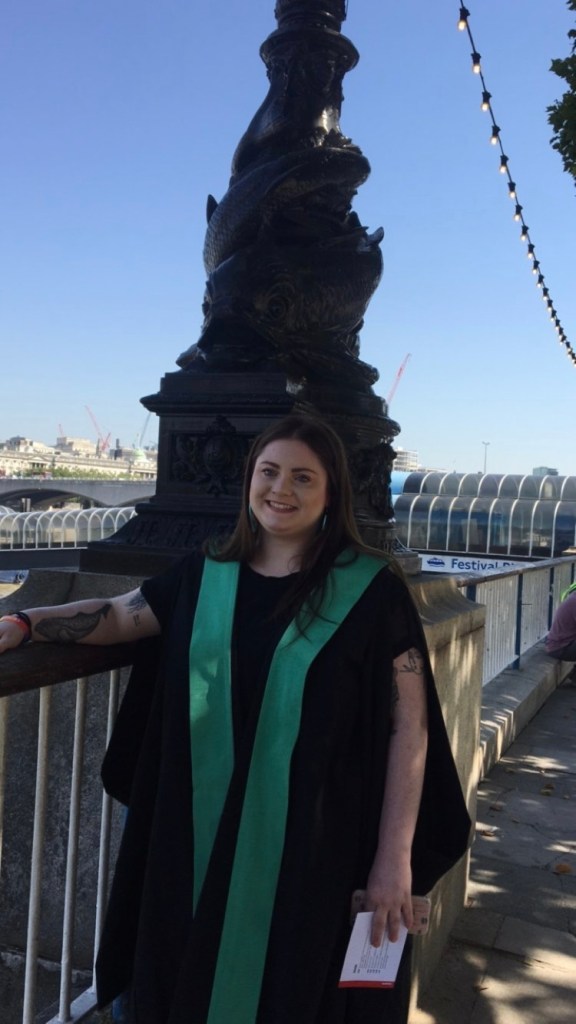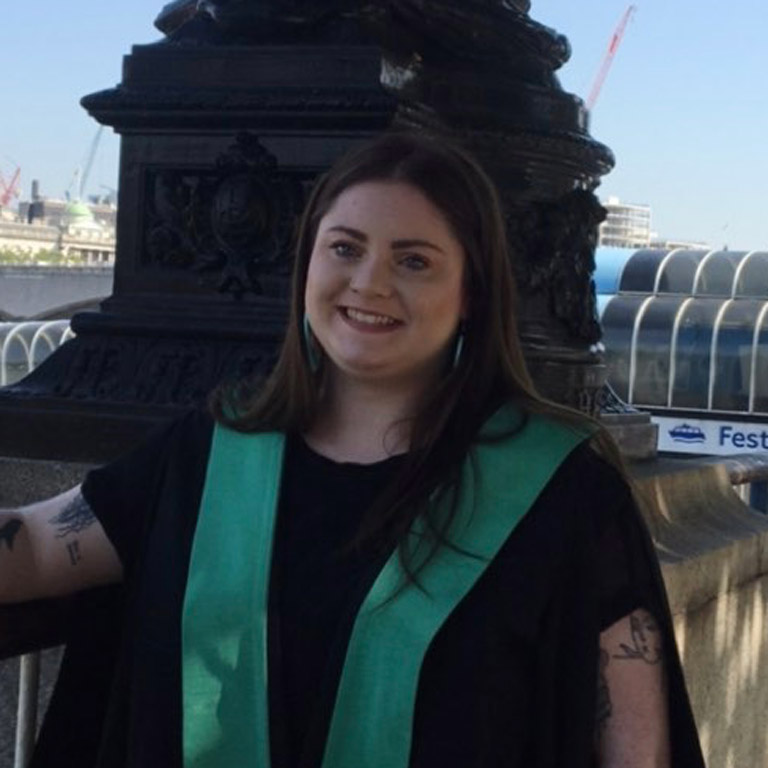Photo by Harli Marten.
By Jodie Hare
@jodslouise
Growing up, I always felt that I existed on the periphery of my friendship groups. A feeling I can only describe as “the-Buy-One-Get-One-Free-friend.” I am an add on, introduced through mutual friends, never a core player.
My position as the-Buy-One-Get-One-Free-friend has never diminished the love I hold for the people in my life, but, this feeling, mixed with appallingly low self-esteem, means I am well acquainted with loneliness.
Toward the end of my time at secondary school I began to feel the alienation intensify. In the throes of mental illness and harbouring a sense that my peers had nothing left to say to me, I sought shelter in the shape of my form tutor. She understood my frustrations, but insisted that my time at University would be the breeding ground for the authentic, life-affirming friendships I was seeking. Now, at the age of 22, having graduated from my undergraduate degree and almost at the end of the first semester of my masters, I can admit that though I had doubted her suspicions, she was in fact correct.
Although, the relationships I have built are not the kind I was expecting. Throughout my four-year degree I have made friends with a number of people on my course who are of the same age. However, these friends can be counted on one hand, without utilizing every finger. For me, the most transformative friendships have been with two women, one of whom is double my age, and the other who is almost triple. They are a senior lecturer and a Professor respectively, and I wholeheartedly believe that, had I not had their friendship to depend on during my degree, it is unlikely I would have completed it.
I am no stranger to the teasing that inevitably comes with having older, intergenerational friendships. Having spent much of my time in my adolescence seeking comfort in, or enjoying conversations with, both the parents of my friends and teachers at school, my friends have reveled in declaring that I am a middle-aged woman in a young woman’s body. In school, these comments would leave me feeling the soft tinge of humiliation and embarrassment, but as I’ve grown up I have been able to laugh and admit that, yes, I probably am a middle aged woman in a young person’s body, and I am really okay with that.
In the first year of my degree, having chosen to skip the notorious fresher’s week and opted to live at home, both in fear of exposing my status as an outsider, and in order to save money, I ended up becoming what I feared: an outsider.
And then, I met C and E.
As instructors, C and E, in their own respective classrooms, shared the importance of acknowledging the work of women who have been overlooked in the past, by rereading works from a feminist perspective. I connected with their values and approach to teaching, and struck up a relationship with them; taking advantage of their office hours, seldom used by other students, to share ideals and ask questions, and, admittedly, bask in their kinship.
Both of them were thrilled about my interest and insisted that I could shed the self-loathing that came with being known as a ‘nerd’ at school, University is the best place to be a nerd after all.
Over time, as I spoke more with C and E and began to feel a sense of familiarity, I allowed myself to open up slowly. I told them about my home life, about the time I had spent competing as a national swimmer, and my struggles with mental health, which worsened as the semesters passed.
The more I got to know them, the more I realized how much they inspired me. C laughs when I suggest it, but I have mentioned multiple times that the wisdom she possesses should be put into a book. In a selfish way though, I enjoy knowing I am lucky enough to be one of the individuals who have access to her wise words.
As each academic year rolled by, I supported their work and they supported mine. After a summer spent on a psychiatric ward, they sat with me through numerous panic attacks, they never complained about the amount of tissues they went through because of my crying sessions, and they helped me ensure I could start my road to recovery while simultaneously handing in essays and holding down various part time jobs.
When I felt fragile and lacked self-belief, they took the time to hand me the building blocks I needed to create a version of myself I could be proud of. They never stopped telling me I was good enough, no matter how many times I disagreed, and they persevered until I truly began to believe it. We have enjoyed moments spent in fits of laughter and we have caught up over endless cups of tea. They have shared the anger I feel at the injustices that we as a society are bombarded with every day, and they have taught me that this anger can be used as a fuel for change. I would not have had the courage to write this had they not both insisted that my voice deserves to be heard.
I imagine these relationships sound one sided, but they have assured me that I have offered them something too. I can only hope that I have. After the recent passing of Toni Morrison, I was reminded of my favourite quote of hers. In an interview in Oprah’s magazine O in 2003, Morrison said, “I tell my students, ‘When you get these jobs that you have been so brilliantly trained for, just remember that your real job is that if you are free, you need to free somebody else. If you have some power, then your job is to empower somebody else. This is not just a grab-bag candy game.”
I cannot speak for E and C, but I can say that I believe they have freed me in some way. They have used their power to empower me, and the gratitude I feel for their presence in my life will always remain indescribably great. I hope they will occupy these spaces for many years to come. For me, this experience has shown that sometimes the greatest relationships can be built in the most unlikely places.

Jodie Hare is a Postgraduate student working towards an MA in Modern Languages, Literature and Culture. She enjoys writing about translation, mental health, feminist issues and queerness. She is currently helping edit the third issue of an Australian LGBTIQA+ journal called Bent Street.




